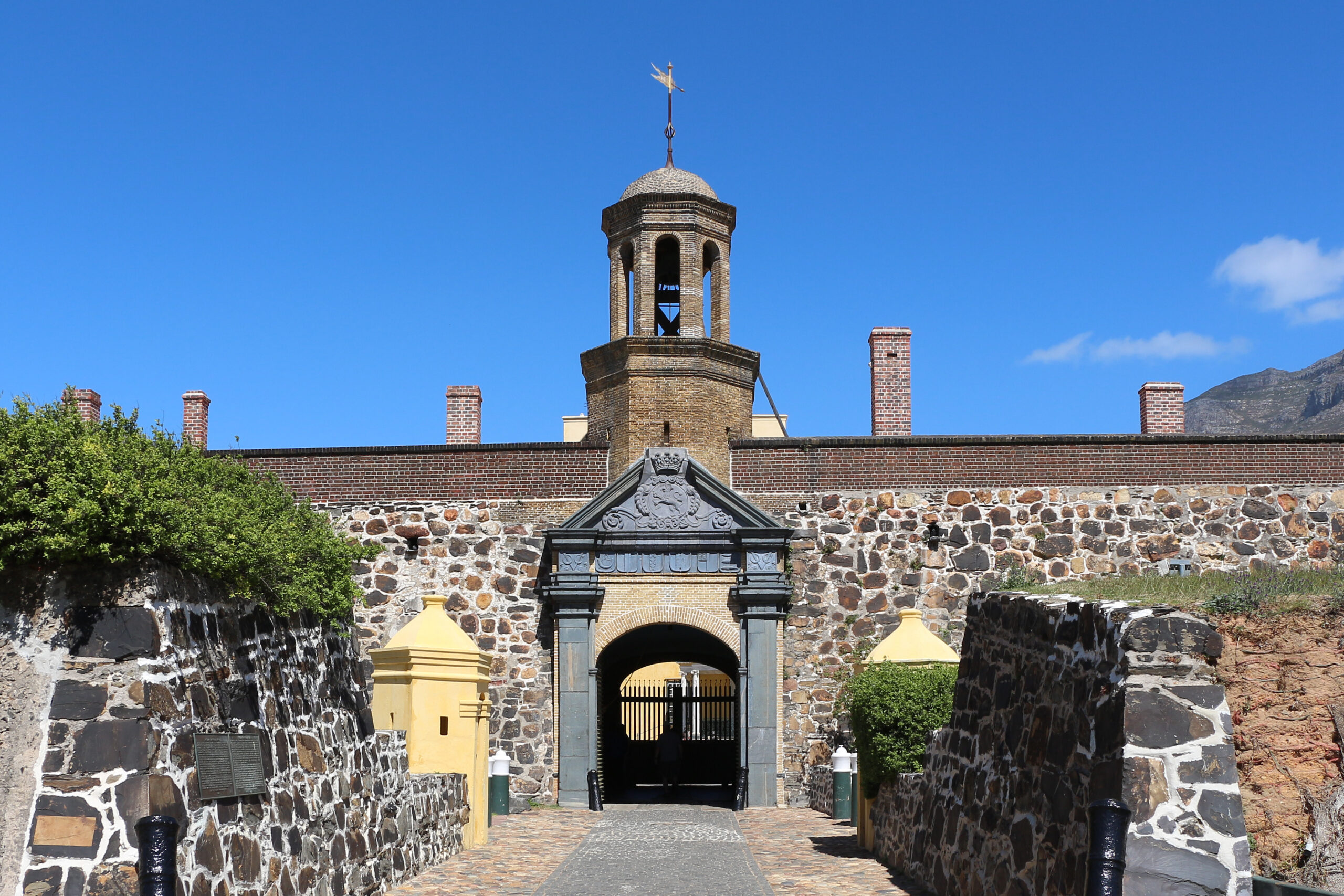
YAOUNDÉ, Cameroon – June 16 is celebrated across Africa as the Day of the African Child.
It was first established by the Organization of African Unity (OAU) in 1991 to commemorate the courage of South African black schoolchildren. In 1976, these children were tragically massacred in Soweto as they protested against the discriminatory education policies of the apartheid regime.
For the Catholic Church in South Africa, June 16 transcends historical remembrance; it stands as a living symbol of the enduring struggle for justice and the unwavering pursuit of peace, deeply rooted in truth.
“It is a great historical event, but it also signifies something beyond 1976,” said Johan Viljoen, Director of the Denis Hurley Peace Institute of the South African Bishops’ Conference.
“1976 was the first major riot since the Sharpeville massacre against apartheid, and it was a huge thing. It was a popular protest,” he told Crux.
“People started actively resisting [the apartheid regime] they started fighting back, and it carried on for a long time, but eventually they won. And I think it’s important from this point of view that we should always remember repression and injustice. If one doesn’t, you know the old saying; those who do not learn from the lessons of history are bound to repeat them,” Viljoen said.
He said it was in South Africa’s interest to remember these historical lessons, so they don’t fall into the same harsh reality like Europe did, after the latter seemingly failed to learn from its own history.
“In Europe now, where for many years after World War II, especially in Germany, people didn’t really speak about Nazism and that type of thing. They sort of tried to sweep it under the carpet, and now 40, 50, 60 years later, it’s re-surging, just like it did in 1938. Now we don’t want that to happen in South Africa,” Viljoen said.
Father Russell Pollitt of the Jesuit Institute of South Africa noted that June 16 remains “an iconic event” that recalls the struggle of young people against oppression and for liberation.
“It’s a struggle that continues because millions of young South Africans have still not been liberated from poverty and are still disenfranchised under corrupt ANC rule,” he told Crux.
In an open letter to the country’s youths, Bishop Victor Phalana of Klerksdorp recalled the birth of the June 16 commemoration, underscoring the sacrifice the young people in the country made in 1976.
“Dear young South Africans, forty-four years ago, thousands of ordinary young men and women just like you did something extraordinary,” Phalana writes.
“They put the country ahead of themselves by taking to the streets to protest the injustices they were facing. They did so despite being met by heavily armed police, racist slurs, roaring police armored vehicles called Casspirs, tear gas assaults and live ammunition that killed 174 and injured 4000 of them,” he said.
The bishop said the sacrifices of the young people helped shift the narrative and destiny of South Africa.
To mark the day, the Southern African Catholic Bishops’ Conference (SACBC) communication office organized a youth dialogue that brought together Church leaders and youth voices from across the region. Their wide-ranging conversation explored youth empowerment, Church engagement, and the lasting wounds of injustice.
And this means that June 16 remains vital for South Africa’s educational moment.
“In Catholic schools and institutions, the history of the Soweto Uprising is taught with deep reverence and critical reflection,” writes James Kentende, an author at The Southern Cross.
“Students learn about the courageous youth who dared to demand respect and equality, understanding the context of apartheid’s brutal policies. This education is not merely academic; it is formative, inspiring young people to embrace values of justice, courage, and active citizenship. The Church’s educational efforts ensure that the legacy of June 16 is passed on to new generations, not as a distant memory but as a living challenge to build a society free from discrimination and injustice,” he said.
During the SABC dialogue, Anne Baker of the Catholic Institute of Education (CIE) emphasized the need for education to go beyond academics.
“Catholic education should prepare young people for life, not just exams,” she stated.
She advocated for stronger skills development programs, particularly for those who leave school early or cannot access tertiary education.
“We must be bold in saying: university is not the only path to dignity,” she added.
Nomvuyo Nxumalo, a member of the SACBC Youth Executive from Manzini Diocese in Eswatini prescribed practical Church-led initiatives aimed at real transformation. The Diocese of Manzini, she explained, hosts an annual “Skills Expo Day,” where youth showcase their talents and explore income-generating opportunities.
“We are not waiting to be rescued. We’re finding ways to build our own future,” she said.
Dominique Yon, SACBC Youth Coordinator in Cape Town Archdiocese, complained that young people are always relegated to the backburner, required to carry out trivial tasks like running slides or fixing Wi-Fi at Church events.
“That’s not meaningful involvement. Formation must teach initiative and responsibility, not dependence,” she said.
“Young people are tired of being told what to do. We want to be included in decisions. We want to lead,” said Yon.
The challenges notwithstanding, Bishop Siphiwo Paul Vanqa, Liaison Bishop for Youth and Bishop of Queenstown Diocese, noted that Catholic education is still critical especially for kids from vulnerable backgrounds.
“We cannot ask young people to lead tomorrow if we do not walk with them today,” the bishop said.
“They are searching for truth, belonging, and purpose. The Church must meet them where they are—but not leave them there,” he said.



